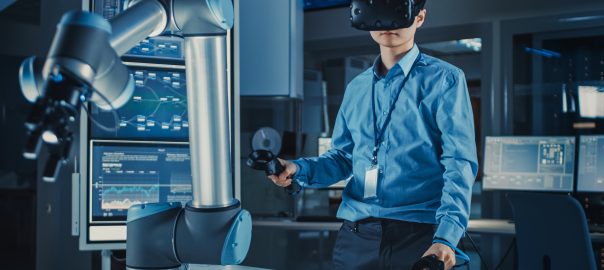Bachelor’s Degree in any of the following fields will be helpful in order to become a robotics engineer: Mechanical engineer, Electrical Engineering, industrial engineering or computer science for most entry-level positions. A TESDA course on robotics is also helpful as a mean to prepare for a career as Robotics Engineer
Technical Skills: Strong foundation on computer science, electrical, mechanical and computer engineer, technology, integrative application of IT and engineering skills for design and construction, and application of ethical practices and standards Soft Skills: Critical Thinking, Complex Problem Solving, Good Judgement and Decision-making,
Public/State University and College average per semester :
By virtue of Republic Act 10931, undergraduate students accepted to SUCs are covered for free tuition and other school fees.
Private University/College average per semester :
₱30,000.00 to ₱70,000.00
Certifications/Training (average).
National Certificate on Mechatronics is one of the basic trainings you can get at TESDA
IT-BPM
Manufacturing
PublicAdministration
Compulsory Social Security
Ownership,Dwellingsand
WholesaleandRetail Trade
Robotics engineer usually work in the automotive industry, building robots for vehicle assembly lines. They also work for electronic and food packaging industries, and space and military programs. Robotic engineers can also work in trade or vocational schools, colleges, or universities to teach classes. However, their usual workplace for robotics engineers is usually in a laboratory or manufacturing plant or in an office.
A master’s or doctorate degree is recommended to advance in the field of robotics engineering in some positions. These graduate degrees are required in order to teach in the field including other high-level research positions. It will take approximately 2 to 3 years in order to obtain a master’s degree, while 3 to 5 years for a doctorate degree.


 Facebook
Facebook lmid@ble.dole.gov.ph
lmid@ble.dole.gov.ph Website
Website